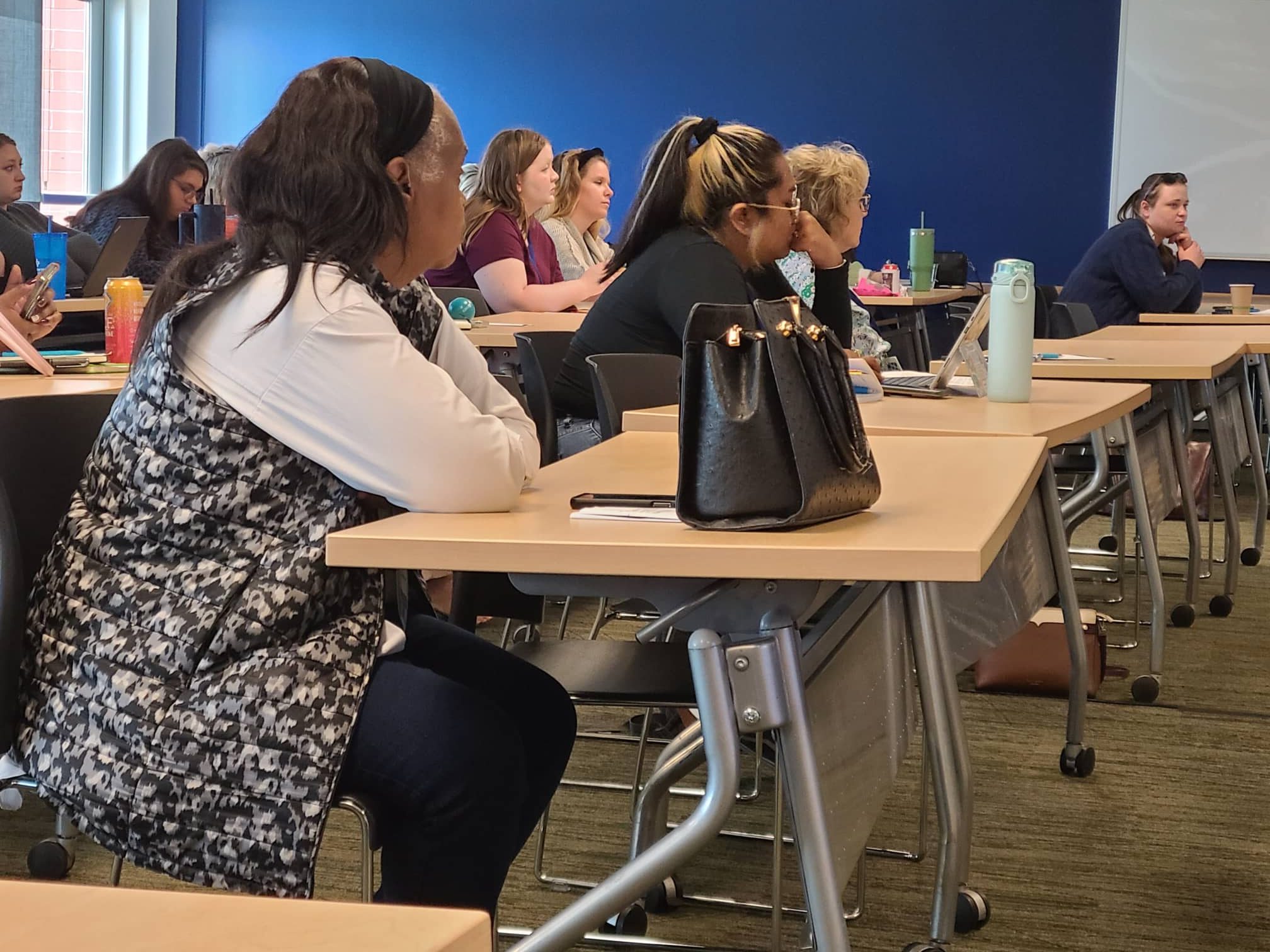Your cart is currently empty!

Training
PCA Iowa is dedicated to enhancing the skills and knowledge of anyone who wants to help prevent child abuse in the state. Our group training opportunities are listed below. Please contact us for additional information.
Connections Matter
Connections Matter Community
Connections Matter is community effort, and schools are an integral part of every community. We want everyone to know that fostering caring relationships with the children, families, and adults in your life matters for developing healthy brains, supportive relationships, and thriving communities. Through an interactive, discussion-based curriculum this workshop develops knowledge surrounding the importance of trauma informed practices in communities by focusing on how to build relationships and resilience.
Training is available as a workshop for members of the community or members of the education sector..
Connections Matter Education
Connections Matter is community effort, and schools are an integral part of every community. We want everyone to know that fostering caring relationships with the children, families, and adults in your life matters for developing healthy brains, supportive relationships, and thriving communities. Through an interactive, discussion-based curriculum this workshop develops knowledge surrounding the importance of trauma informed practices in schools by focusing on how to build relationships and resilience.
Connections Matter Early Childhood
Developing longer, more consistent relationships promote healthy development and well-being in children. It also creates a better experience for caregivers, who build deeper bonds, come to understand children better, and see a decrease in negative behaviors. Connections Matter in Early Childhood help participants to understand childhood trauma and its impact, support children who have had Adverse Childhood Experiences (ACEs), create environments that build healthy brains, Interacting with children in ways that support their emotional, social, and intellectual development, help parents respond to their children with attention and empathy, and cultivate resilience in yourself and the children you care for.
Connections Matter in the Workplace
In this Connections Matter training, organizations will learn how to cultivate resiliency amongst their employees to cope with difficult experiences, better communicate about serious issues that affect workers, and build on their existing best practices to foster supportive professional relationships amongst employees that contribute to a positive and productive workplace environment. The curriculum applies to leaders and workers at small business, large corporations, nonprofits, government agencies and other workplaces.
Connections Matter Faith Communities
Faith communities and leaders equipped with an understanding of the impact of toxic stress can make profound progress not only in lessening poor health and social outcomes but also in preventing exposure to toxic stress by supporting individuals and families within and outside of their faith communities.
Connections Matter Facilitator Training
Connections Matter Facilitator Training develops the skills and competencies to become a Facilitator of the Connections Matter curriculum. During this two-day training, participants will gain knowledge about adverse childhood experiences, toxic stress, trauma, building relationships and fostering resilience. We want everyone to know that fostering caring relationships with the children, families, and adults in your life matters for developing healthy brains, supportive relationships, and thriving communities. As a Connections Matter Facilitator, you too can spread this message.
Protective Factors
Research informed approach to increasing family strengths, promoting optimal child development, and reducing the likelihood of child abuse and neglect. A Children’s Alliance Trust Fund training.
Affirmative Consent
Learn how to bring affirmative consent into lessons on comprehensive sexual health. Six good reasons to include this information in your lessons: Build communication skills; Positive, respectful frame about personal choice; Shifting cultural norms; Prevent sexual assault; Law and policy; Recognize new social paradigms and address negative gender roles.
3R’s
Rights, Respect, Responsibility is a curriculum that fully meets the National Sexuality Education Standards. The curriculum addresses both the functional knowledge related to sexuality and the specific skills necessary to adopt healthy behaviors. Rights, Respect, Responsibility reflects the tenets of social learning theory, social cognitive theory and the social ecological model of prevention.
Draw the Line / Respect the Line
An evidence-based curriculum that promotes abstinence by providing students in grades 6, 7 and 8 with the knowledge and skills to prevent HIV, other STD and pregnancy. Using an interactive approach, the program shows students how to set personal limits and meet challenges to those limits.
Stewards of Children
Using the 5 Steps to Protecting Our Children™ as a framework, Stewards of Children® is a two-hour training that teaches adults practical actions to prevent child sexual abuse or intervene if abuse is suspected. Featuring compelling and engaging content to motivate participants, the program is designed for parents, concerned individuals, and any adult that works with youth. Through Stewards of Children®, over 1,000,000 adults have been trained to protect children from sexual abuse.